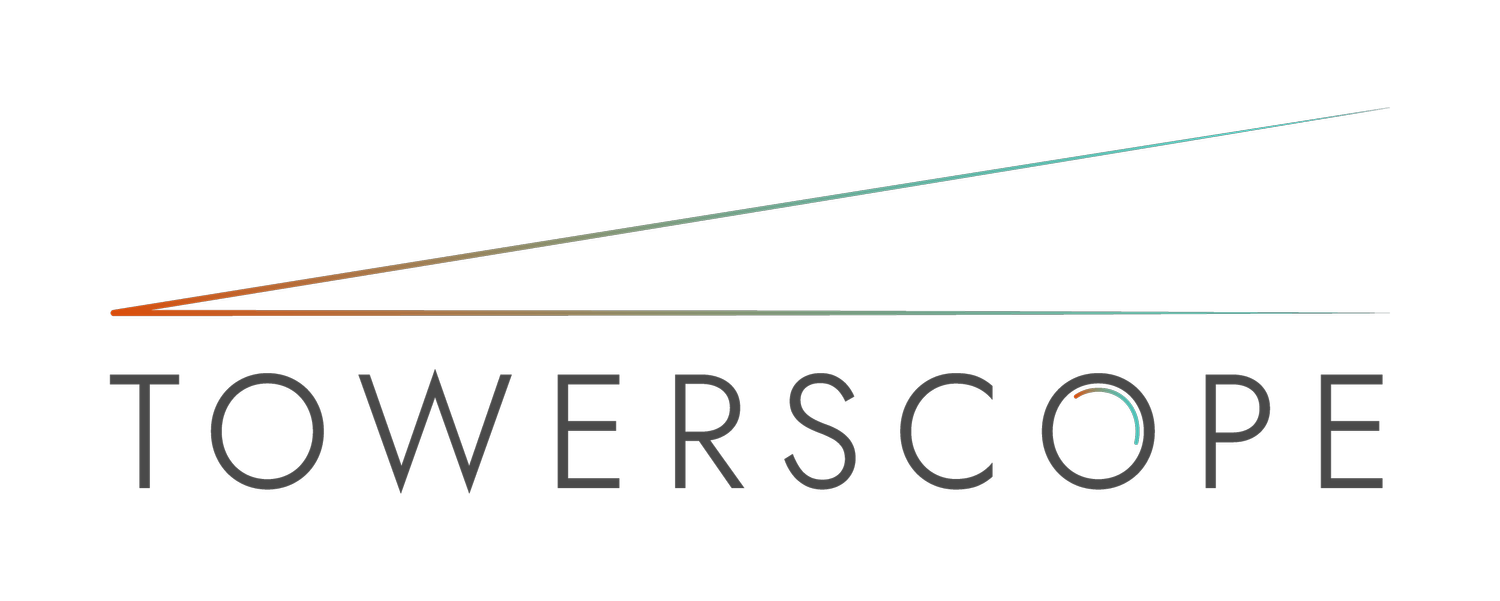This is Part 6 of a 7-part series on leading with knowledge-based power. You can find the links to rest of the series at the bottom of this post.
Successful career growth and advancement requires several essential but under-utilized learning moments. In past parts of this blog series, I described three of them: various types of mentorship (see Part 3), seeking the right kinds of career-defining experiences (see Part 4), and performing environmental scans (see Part 5). Another one is intentional listening and observation.
Intentional Listening
My first experience with this skill happened during my final internship (practice) year of my PhD training when a leader described being distraught over the loss of an employee he valued highly. If I was just doing my usual listening, I may have simply commiserated with his loss and expressed empathy and understanding.
However, to make it a learning moment, I took it one step further. Instead of assuming I knew and understood why it was such a loss, I made it more intentional: I asked him what made her such a valuable employee.
He responded, “She doesn’t come to me with problems. She comes to me with the problem, plus several potential solutions for me to consider, along with their pros and cons, AND a readiness to implement whichever solution we ultimate choose.”
That information made such an impression on me. There are so many reasons why someone could be considered a valuable employee. But by intentionally asking and listening, I was able to understand what it takes to be recognized as a valuable employee specifically in the eyes of my leaders in my organization.
When I started my first official job, I remembered that learning moment and applied the principle routinely to support my own supervisor. I truly believe this alone was one of the major factors that helped me get a quick promotion within 5 months of starting that job.
Intentional listening is when you identify a specific purpose for attending to a conversation with an “intent to take action." You use all the usual active listening techniques (paying attention, summarizing, reflecting), but in this case, the focus is on trying to clarify what you heard in order to learn something both about the speaker and about yourself and then apply it to your personal growth.
Here are three ways you can do that:
Listen for comments about positive career or employee success outcomes and then ask open-ended questions for clarification: “What do you think made them so successful? How were you able to achieve that?”
When you don’t have access to observing leaders more directly, listen to how other people you personally look up to speak about those leaders. What do they admire? What annoys them? What do you think lead to those perceptions?
When you choose to make any intentional changes based on what you learned, ask for feedback, listen, and make sure clarify for yourself what you are learning from that feedback. Ask for feedback from supervisors and other leaders you work with as well as from peers, colleague, and supervisees you respect. Each group can offer a different perspective of your work.
Intentional Observing
Asking and listening helps when you have direct access. When we don’t, intentional observing is the next best thing.
Here are some quick tips for intentional observing that can help you advance your career:
Observe and read about leaders you admire so you can develop and incorporate best practices into your work. (Don’t try to copy or be someone you are not, just focus on what you can learn about the principles behind their actions).
Pay just as much attention to leaders that make major missteps. You might be able to glean some lessons learned to adjust your work.
Serve on interdisciplinary workgroups and committees to observe leaders outside your own field of work. This opens you up to many additional styles that can be useful to bring back to your own work.
Have any success stories of your own with this? I’d love to hear about them!
The final part of this series will be about the most critical leadership and career advancement skill of all. Can you guess what it might be?
To read the other parts of the series:
Part 1: 3 Models of Power that Break Through Traditional Barriers
Part 2: The Best Time to Seek More Education to Advance Your Career
Part 3: Advancing Your Career Through Informal Mentoring
Part 4: How to Create Career-Defining Experiences
Part 5: How to Apply Environmental Scanning to Career Growth
This series was inspired by a talk I did for the local ATHENA Chapter's Emerging Leaders Program about one of their eight leadership principles: Learn Constantly.
——————-
This post was originally published on Psychology Today on May 31, 2020. All rights reserved, Copyright 2020 Mira Brancu/Brancu & Associates, PLLC.


